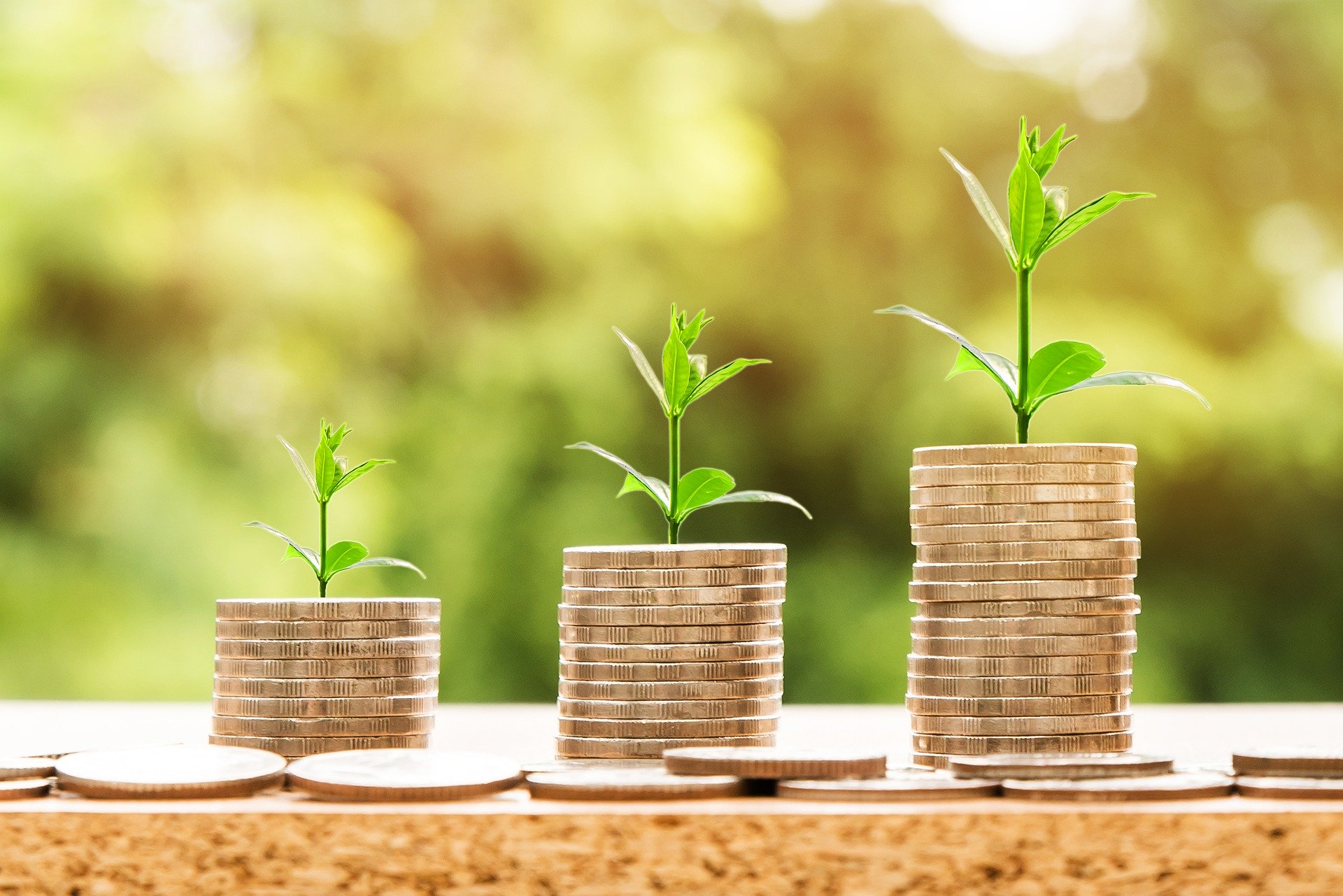ESG funds: pay dividends or employees in COVID era?2 min read

If sustainability is a bluff, the coronavirus will flip the cards and the shareholder’s meeting season will tell which listed company did greenwashing. Some managers of socially responsible investment funds (SRI) have issued a warning to the boards of the companies in the portfolio: if they cut jobs and they do not pay suppliers (stakeholders), they cannot pay dividends to shareholders (shareholders) and bonuses to managers. Sustainable investments are long-term and if the companies do not keep the business virtuous, sustainable funds are ready to vote against whether listed companies will pay dividends and bonuses in the face of job cuts.
However, companies ask for a case-by-case evaluation.
For sure, firms making layoffs or salary cuts that subsequently announce big dividend payments or generous executive compensation should expect to be “punished” by ESG funds. With impacts also on their sustainable ratings of course.
Just in this period described as the “COVID era”, founder and chair of the World Economic Forum, Klaus Schwab, along with other business leaders reaffirmed the commitment to take account of these environmental, social, and governance issues pledging “to stand at society’s service, to help preserve and rebuild a viable society and economy, and to do all we can for our stakeholders.”
Moreover one of the commitments (actually the first one) is to keep employees safe, continue to do everything possible to protect the workplace, and help to adapt to the new working conditions.
Admirably, lots of companies have accepted the challenge and pledged to not ax jobs, at least for the moment, in the middle of the pandemic (i.e. Visa, Paypal, Danone, Starbucks, Morgan Stanley, etc.). However, the longer lock-down measurements continue in different countries the harder it will be to maintain this commitment. Downsizing plans might come to be seen as a necessity for business survival.
Anyway, there is more than a feeling that customers and stakeholders, in general, will punish companies that will cut jobs. Stakeholders are watching carefully to see whether companies make good on all the promises that have been made to look out for others in the current climate. Up to now the environmental (“E”) part of ESG has focused most attention; COVID-19 has brought the “S” part under the spotlight like never before.
Moreover, companies featuring on ESG indices have proved more resilient during this crisis. So the appetite to invest in companies that score well on ESG criteria will increase once the pandemic pulls back. The crisis has highlighted the importance of ESG investing and for firms being conscious of ESG factors.
ESG oriented companies tend to be more long-term in their thinking and in their governance practices. This has meant they are more resilient and better able to account for long-term risks as they are more prepared for the ongoing crisis. This is where the “G” in ESG stands for.
Featured image by Nattanan Kanchanaprat from Pixabay

